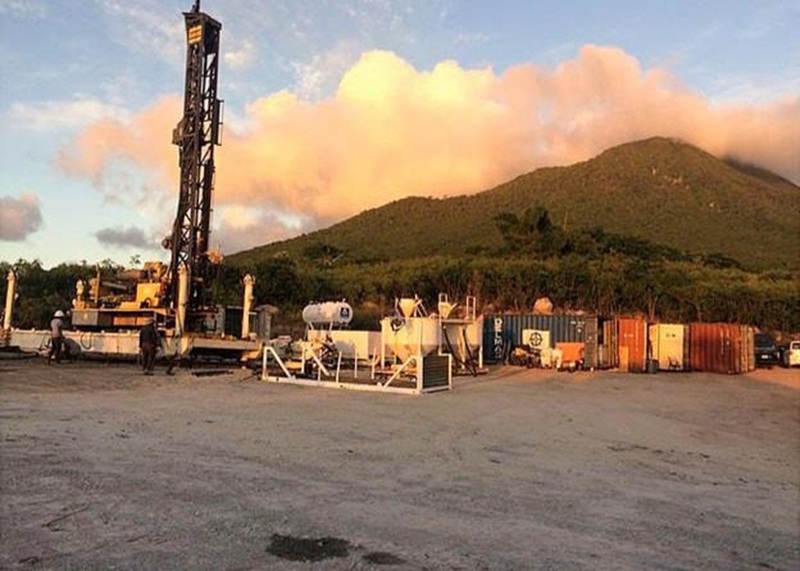The Organisation of Eastern Caribbean States (OECS) Commission has taken a significant step towards strengthening energy security and advancing the region’s transition to renewable energy with the launch of a comprehensive feasibility study on acquiring a geothermal drill rig for shared use by OECS Member States.
This research is being conducted by Italian firm ELC-Electroconsult S.p.A., the Regional Engineering and Technical Advisor, which is one of six consultancies hired to provide technical assistance and advisory services to beneficiary member states under the OECS GEOBUILD Programme.
The drive to advance geothermal energy development is in response to the urgent need to reduce the region’s heavy dependence on imported petroleum fuels, which has long contributed to high energy costs, economic vulnerability, and foreign exchange pressures across the Eastern Caribbean.
Dominica is set to join Guadeloupe with a geothermal power plant, expected to meet nearly half of the country’s daily electricity needs by year-end.
The feasibility of acquiring a geothermal drill rig for shared use among OECS Member States could significantly boost renewable energy development in the region and directly address one of the main barriers to geothermal project advancement.
Six OECS Member States—Dominica, Grenada, St. Kitts and Nevis, Saint Lucia, St. Vincent and the Grenadines, and Montserrat—are endowed with significant geothermal resources due to their volcanic origins. Geothermal energy is seen as the most promising renewable energy option for these islands, offering reliable, 24/7 baseload power and the potential to transform national energy matrices, lower electricity costs, and reduce carbon emissions in line with the Paris climate accord commitments.
The OECS Commission, as the regional hub for geothermal development, is leading efforts to build technical, institutional, and human capacity to accelerate the deployment of geothermal projects through the GEOBUILD Programme, which is financed by the Caribbean Development Bank (CDB), the Inter-American Development Bank (IDB), and the European Union’s Caribbean Investment Facility (EU-CIF), with major support from the Green Climate Fund (GCF). The current feasibility study will examine the technical, economic, and operational viability of acquiring and managing a drill rig that could be deployed across multiple islands.
The study evaluates the status and needs of geothermal projects across the OECS, explores various ownership and financing models—including public, private, and public-private partnership (PPP) options—and identifies logistical, regulatory, and capacity-building requirements for successful implementation. It also considers alternative approaches such as coordinated joint bidding for drilling services and lessons from other island regions.
Key challenges identified may include the logistical complexities of operating heavy equipment across multiple islands. The study should provide evidence-based recommendations to ensure that any solution adopted is cost-effective, sustainable, and tailored to the unique needs of OECS Member States.
Mobilisation and demobilisation of rigs from outside the region are among the most expensive components of geothermal drilling in small island states.






